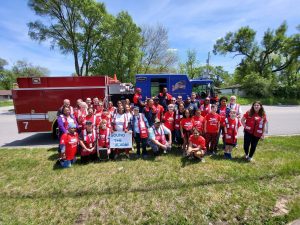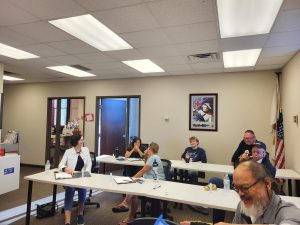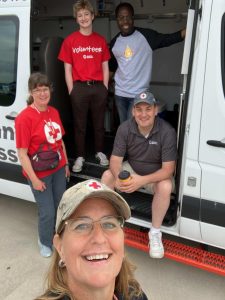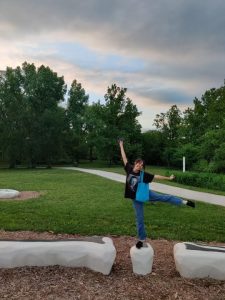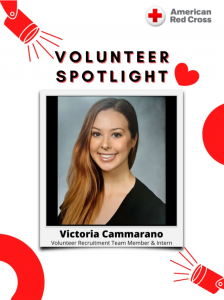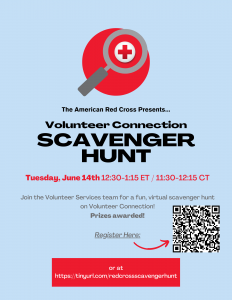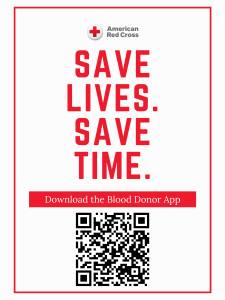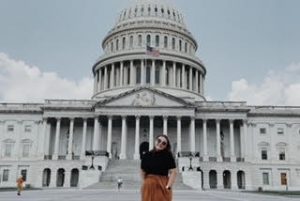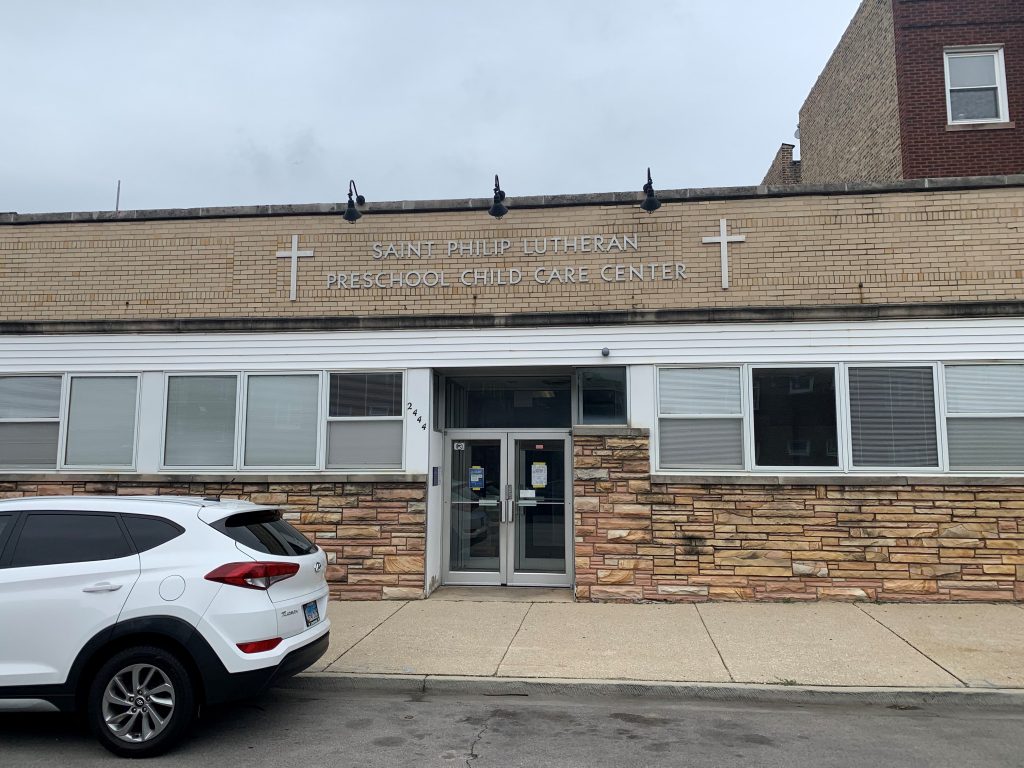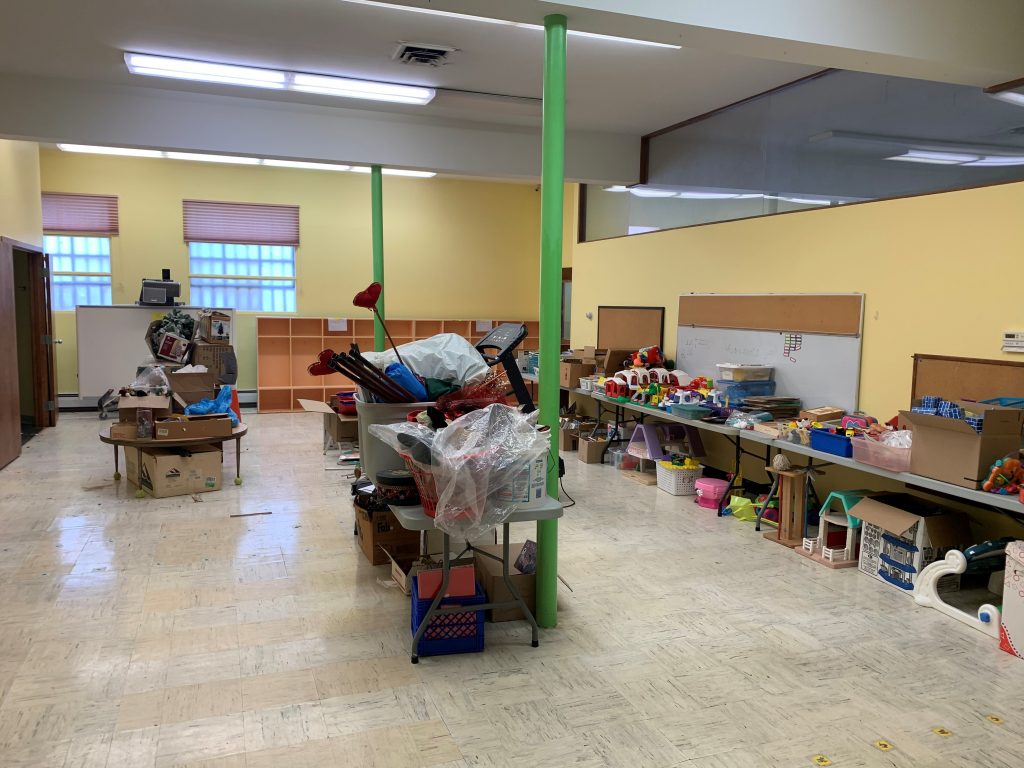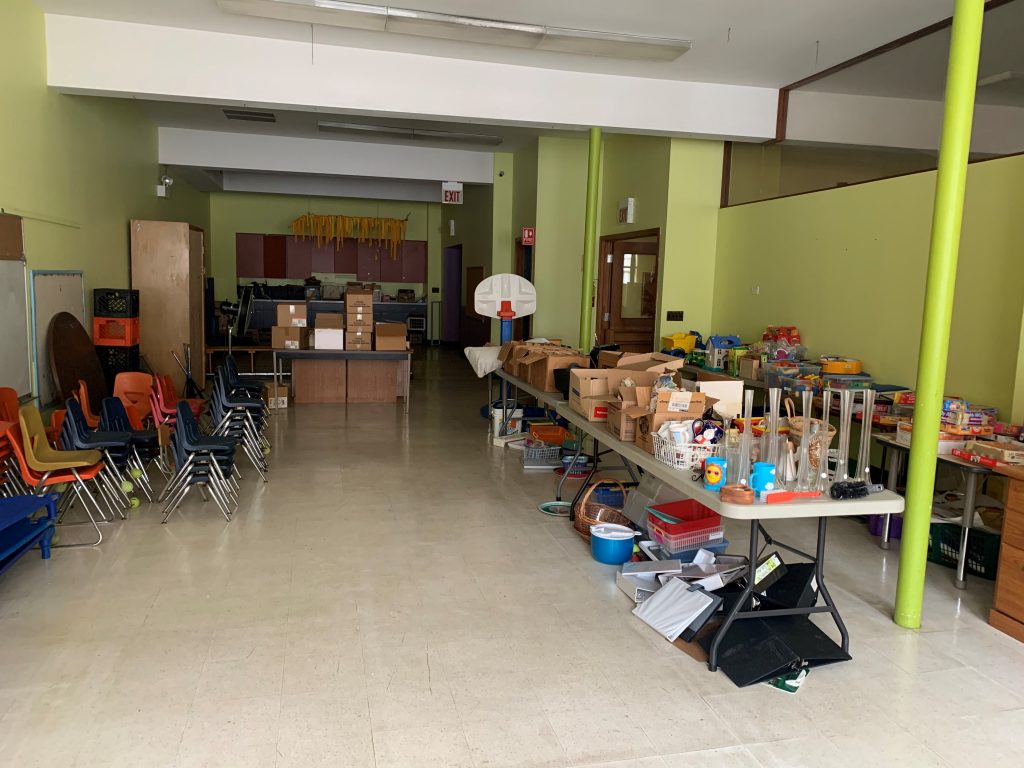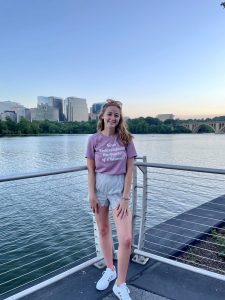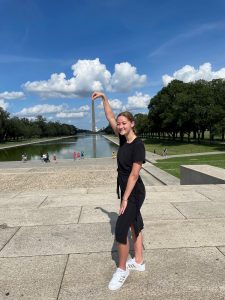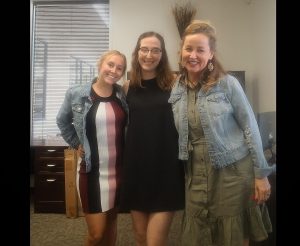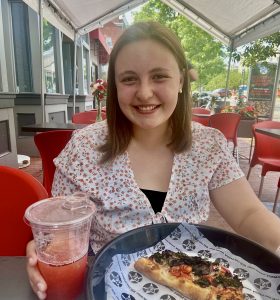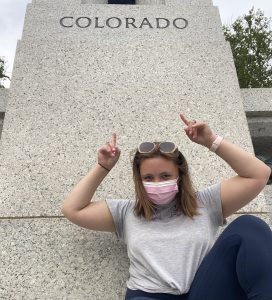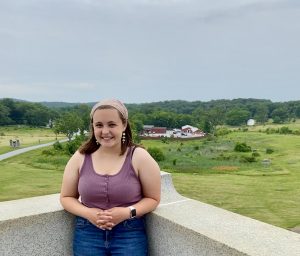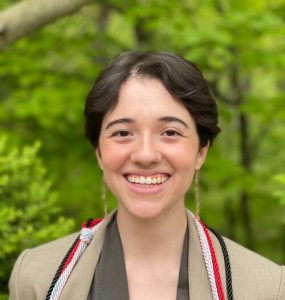 Traveling to a new city is one of my favorite things to do. I enjoy the challenge of figuring out where to go, planning itineraries, and observing the distinct culture of the new place. So, needless to say, I was elated to get the chance to stay in Austin, Texas for three weeks as part of my internship with Water to Thrive. Before arriving, I spent time researching and learning about what Austin was like and all of the activities to-do. I have learned when traveling that it is better not to hold tight to expectations, and to come into a new place with as open a mind as possible. Of course, it is impossible to have no preconceived ideas of what a new place will be like, but it has helped me to truly enjoy a new place.
Traveling to a new city is one of my favorite things to do. I enjoy the challenge of figuring out where to go, planning itineraries, and observing the distinct culture of the new place. So, needless to say, I was elated to get the chance to stay in Austin, Texas for three weeks as part of my internship with Water to Thrive. Before arriving, I spent time researching and learning about what Austin was like and all of the activities to-do. I have learned when traveling that it is better not to hold tight to expectations, and to come into a new place with as open a mind as possible. Of course, it is impossible to have no preconceived ideas of what a new place will be like, but it has helped me to truly enjoy a new place.
Keeping an open mind while traveling has also translated into starting my internship. When starting anything new, it is easy to have an idea of what it will be like. This could be either extreme excitement or dread, or something in-between. For me, a fresh graduate, the transitioning time between college and “the real world” has been different to what I thought. Yet, it has shown me how I have no control over specifics, but I do have control over what I do and how I think about it. For example, even though I may not be able to understand traffic or the weather, I can adjust my attitude about it. For example, even when it begins to down-pour while paddle boarding, I can keep a cheery attitude and recognize that the rain was actually helpful in cooling me down after being in 90 degree Texas weather. This is just a small silly example, but the same is true as I continue to work through my internship.
Water to Thrive does amazing work in building sustainable water wells in rural East Africa, which is the kind of work I am extremely passionate about. It is hard to find an organization that cares so deeply about truly changing lives, and not just creating band-aid fixes to massive global issues. It is also difficult to find an organization working on international aid that does not allow donors to go and physically help with the work. I think this well-intentioned help can often cause more hurt, and works to boost the ego of Americans who travel across the globe to help with a cause. Donors may visit the sites, but they are not allowed to help with building the wells themselves. Thus, at Water to Thrive, the work here in Austin is mostly to achieve funding so that local communities in Africa can build and establish their wells. After taking many classes on how to serve global communities well, I was ecstatic to learn about how Water to Thrive effectively makes a difference in the world without playing into the white-savior trope. Of course the role of the donor is important, but what is most important is the community being served. This is what caught my attention when I first learned about Water to Thrive. 
My role as an intern is to begin establishing corporate partnerships with local businesses— something I have never really done before. I knew it would be a challenge on both a large scale especially post-2020 since so many businesses have struggled financially. However, I also knew it would be challenging on a personal scale since I have had to teach myself about how businesses work and how to make a corporate business feasible. Something I subconsciously expected, however, was that businesses would be extremely receptive and responsive to my pitch. Why wouldn’t they want to support a cause that is so meaningful? Although I always try to come into new situations with few high expectations, I found that I do sometimes have the idea that everyone cares deeply about global causes. In my role, which has been mostly research, outreach, and some designing, it has been difficult to decipher the interest level of those that I am reaching out to.
Last week, I was able to tag along with Kim and Morgan in asking for specific donations to local businesses for Water to Thrive’s silent auction. In this in-person situation, I was able to finally see the generous spirit of business owners and managers. It was encouraging to hear people’s intentions and excitement over our mission. Austin seems like a very generous city, it is one that has different initiatives to help community members. Most businesses already have some sort of philanthropic endeavor, and it is easy to see why Austin is the fastest growing city in North America.
So, for me, even though my work is not directly with those that Water to Thrive is serving, I have to remind myself that the mission is greater than my own small tasks. Discouragement is part of working for a non-profit, simply because of the unknown nature of where funding will come from. Yet, conversely, there is great excitement and joy in seeing the generosity and willingness to give in these particularly hard times. Being in the office where I get to see images of joy of those in rural communities receiving water, has also helped me in maintaining my passion for my work.
My own frustration and joy has been part of the beauty of this summer. Challenges help me grow, and I can already see how my summer at Water to Thrive has impacted me and exposed the kind of work that I enjoy. It is easy to get caught up in the small inconveniences of my life here— a lack of response, a wrong bus, an unexpected rainstorm— and yet, these are the things that make this experience so unique. I have the chance to take these small problems and change my perspective. Instead of inconveniences they are an opportunity for a follow up, for more sight-seeing, and for the chance to see a rainbow.

 In the two weeks that I have been here at the Grunewald Guild, I have done so much and meet many wonderful people. The Guild is a faith-based non-profit that facilitates summer art programs. There is quite a lot of work that goes into the Guild, like preparing for the guests to arrive, setting up studio spaces, communications, etc. My fellow intern and I have done everything from washing windows and cleaning floors to creating class spotlights that can be posted on various social media. I have already had so many new experiences that I was not expecting. Similar to Katie Endres, who is a CAPS fellow at the Guild as well, I had a few hiccups in getting to the guild at the planned time. I missed the shuttle that would take me from Seattle to Leavenworth, due to a slightly late arrival, resulting in me having to spend the night in Seattle. In hindsight this wasn’t too big of a deal, but this was my first time flying alone and across the country from my friends and family. This experience was certainly an exercise in learning to go with the flow and handle what life can throw at me, which is the first of many that I’m sure I will deal with over the course of the summer.
In the two weeks that I have been here at the Grunewald Guild, I have done so much and meet many wonderful people. The Guild is a faith-based non-profit that facilitates summer art programs. There is quite a lot of work that goes into the Guild, like preparing for the guests to arrive, setting up studio spaces, communications, etc. My fellow intern and I have done everything from washing windows and cleaning floors to creating class spotlights that can be posted on various social media. I have already had so many new experiences that I was not expecting. Similar to Katie Endres, who is a CAPS fellow at the Guild as well, I had a few hiccups in getting to the guild at the planned time. I missed the shuttle that would take me from Seattle to Leavenworth, due to a slightly late arrival, resulting in me having to spend the night in Seattle. In hindsight this wasn’t too big of a deal, but this was my first time flying alone and across the country from my friends and family. This experience was certainly an exercise in learning to go with the flow and handle what life can throw at me, which is the first of many that I’m sure I will deal with over the course of the summer. The constant flow of work is a bit exhausting, but the result is always worth every bit of energy. At the end of everyday, I am proud of the work that I did and am excited for people to arrive at the guild to really see the reason behind the work. It can sometimes be hard, while doing mundane tasks or physical labor, to understand what it is that we are working toward. Cleaning is not my favorite task in the world, but there are days when that is what needs doing, while I am in the thick of it, I often become very tired and frustrated, losing sight of the bigger picture. However, I am lucky enough to be working with people at a place that encourages us to look at the bigger picture, remember the reason that we are here and to remember what we are working towards. I am really looking forward to seeing how I grow through my time here at the guild. It is a place that values personal growth through community and already I have begun to feel how true that is.
The constant flow of work is a bit exhausting, but the result is always worth every bit of energy. At the end of everyday, I am proud of the work that I did and am excited for people to arrive at the guild to really see the reason behind the work. It can sometimes be hard, while doing mundane tasks or physical labor, to understand what it is that we are working toward. Cleaning is not my favorite task in the world, but there are days when that is what needs doing, while I am in the thick of it, I often become very tired and frustrated, losing sight of the bigger picture. However, I am lucky enough to be working with people at a place that encourages us to look at the bigger picture, remember the reason that we are here and to remember what we are working towards. I am really looking forward to seeing how I grow through my time here at the guild. It is a place that values personal growth through community and already I have begun to feel how true that is. 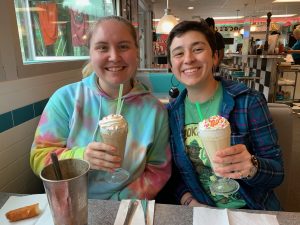 Working with my fellow intern, other volunteers, and my supervisor, I have learned valuable ways to effectively communicate and support each other not only in our work but in our personal lives. While the summer ahead feels a little daunting, I know that our little team here at the guild will be able to handle everything that is thrown at us and make this summer a happy and wonderful time for all of the people that visit. I am so happy that I get to be a little part of the guild’s long and full history and help it to continue on in the future.
Working with my fellow intern, other volunteers, and my supervisor, I have learned valuable ways to effectively communicate and support each other not only in our work but in our personal lives. While the summer ahead feels a little daunting, I know that our little team here at the guild will be able to handle everything that is thrown at us and make this summer a happy and wonderful time for all of the people that visit. I am so happy that I get to be a little part of the guild’s long and full history and help it to continue on in the future.